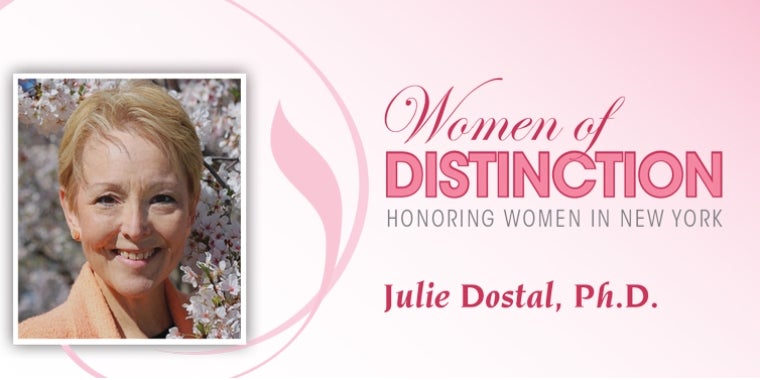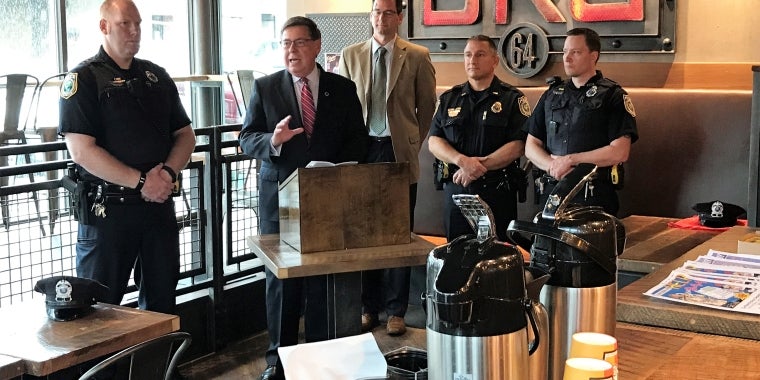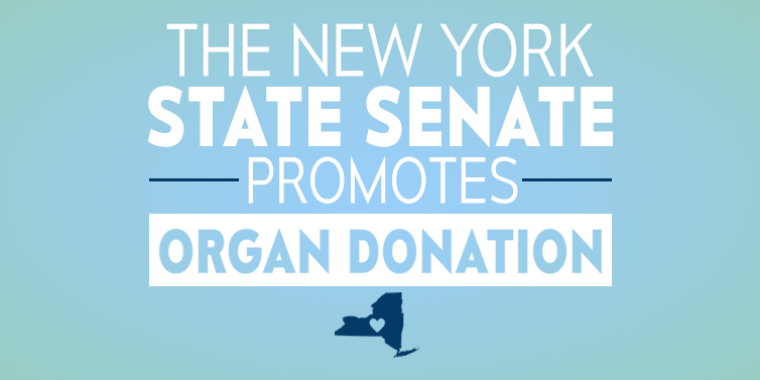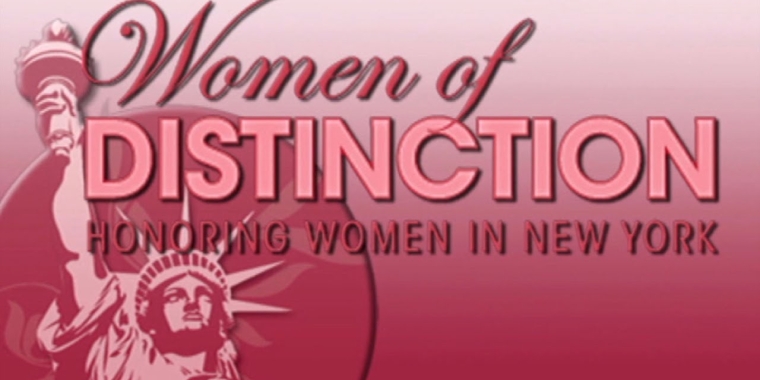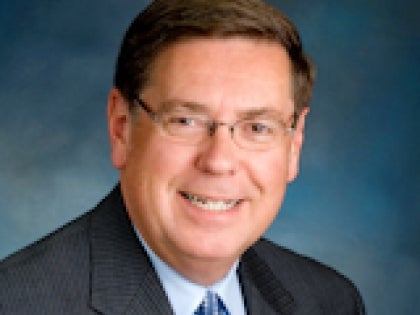
Seward Takes Message To The People
By Jim Planck
CATSKILL — State Senator James Seward, R-Oneonta, held a town hall meeting at Catskill Middle School Tuesday night, giving attendees an overview of the current condition of state government and fielding questions from constituents.
“It’s no secret that we’ve had a very busy and interesting time in Albany this year,” Seward said.
“This is a tough, challenging time,” he said, “because of the state budget and the economic problems that the whole country has seen, but,” he added, “the financial burden that emerged last year has hit us very hard because we are the investment capital of the world.”
“We get well over 20 percent of our revenue from down in New York,” Seward said, “and when that does poorly, [it affects the entire state]”
“I’ve been very disgusted and very concerned about the state government’s reaction to the economic problem,” Seward said.
“In my estimation, the state government has not been responding appropriately to the crisis,” Seward said.
He took issue with the development and content of the state budget, noting he feels it is “heavily loaded with new taxes and fees — over $8 billion worth,” which he said “hits small businesses very hard.”
Citing examples of those fees, Seward said, “Next April everyone’s going to have to purchase a new set of [license] plates for $25, and if you want to keep the same number, that’s another $20.”
“And utility taxes on electric bills went up,” he said, “plus there was the loss of state STAR rebate checks.”
Seward said that in just the seven counties of his district alone, the STAR payments “added up to $28 million of relief” lost to taxpayers.
He also cautioned that no provisions are being made “for when the federal stimulus money is going to dry up next year,” noting that he feels the state “should have used it to make some changes,” and instituted fiscal reforms.
“There’s no real plan for revving up our economy by starting new jobs,’’ he said, adding that “in the end, new job creation is the only way out.”
Seward said the state annually “bails out” the NYC Metropolitan Transit Authority [MTA], and that while that has always been balanced by also passing funding for upstate roads, bridges, and infrastructure, this year it was not.
He said a new payroll tax in the MTA region, apparently instituted to offset that lack of balancing, will instead result in fiscal difficulty for upstate residents next year.
“Any employer in the MTA region, private or public,” said Seward, “will pay a new tax based on their payroll, including school districts.”
“The school districts complained,” he said, “so the Governor said that next year they [the state] will cover those additional expenses in state aid.”
Seward said he believes that means the state will be taking state aid that normally goes to upstate schools and use it to cover the added MTA school district costs.”
Seward also said he does not believe taxes are an appropriate answer to the state’s fiscal condition.
“When you raise taxes in the middle of an economic slowdown, all you do is dig the hole deeper,” he said.
Citing the relocation of billionaire businessman Tom Golisano’s residence to Florida because of the state’s new “tax on the rich” as an example, Seward said, “So we’re losing $13,000 a day just from one individual [relocating].”
Seward said that, alternatively, he has a four-point plan that he feels would help reverse the fiscal trend, and hopes to have some of the concepts discussed when the Senate returns to session later this fall.
“Let’s stop spending money we don’t have,” Seward said, “so I’m advocating a spending cap on the State of New York.”
“We need to reign in the runaway growth of spending in the state,” he said, suggesting “a growth of 4-percent, or 125-percent of the inflation rate, whichever is lower.”
Seward said the second need is to “make [government] more efficient, and spend money smarter.”
“We should be looking at consolidating and merging various state agencies and commissions [with similar missions and/or duplicative goals],” he said, noting they are “all with high administrative costs.”
Citing the Department of Transportation, the Thruway Authority, and the Bridge Authority as an example, Seward said he estimates merging them “would save almost $266,000.”
He said the third aspect is property tax relief legislation to allow “much more flexibility for local governments to provide their services,” ostensibly with regard to assessment, equalization, or valuation matters.
Seward said the fourth need is economic development.
“We’ve got to turn our attention to economic development,” he said, listing the need to make special incentives available through lower power costs, providing job training, eliminating small business and manufacturing taxes, and providing job creation credits for new businesses.
Among the concerns, comments, or questions Seward heard from those present were specifics on how new jobs would be created, the cost of starting up a small business, increasing green energy in the state, how consolidation of agencies would work, the need for rural public transportation, whether improved nuclear technology is a feasible energy answer, the federal health care discussion, whether the state may ultimately turn to bankruptcy as a fiscal answer, and the predominance in numbers of metropolitan state legislators when compared to upstate ones in blocking budgetary reforms.
